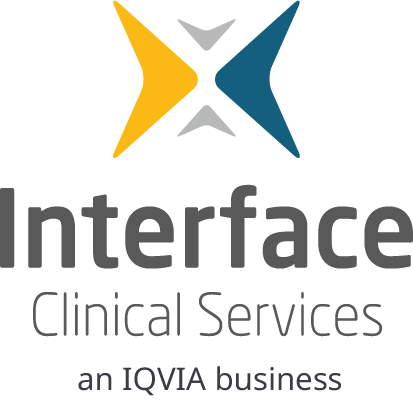QOF Disease Prevalence Coding Support
![]()
Our Clinical Pharmacists are now able to offer coding support across a number of QOF domains

This damage caused by a stroke can have different effects, depending on where it happens in the brain.
A stroke can affect the way your body works as well as how people think, feel and communicate.
A mini stroke is also known as a transient ischaemic attack (TIA) and is caused by a temporary disruption in the blood supply to part of the brain.
A study from King’s College London has predicted a 44 per cent increase in stroke in the UK over the next 20 years.
However experts have said this rise could be reduced by better management of medicines.
According to the Stroke Association, there are currently more than 100,000 strokes in the UK each year.
While certain lifestyle factors, such as obesity and smoking, are risk factors for stroke, there are other conditions, such as atrial fibrillation – irregular heartbeat – and diabetes, that are causes of stroke.
However, experts argue these can be managed more effectively with the correct medication regime.
Interface Clinical Services said their review into patients with atrial fibrillation has prevented nearly 2,000 strokes.
Patients with atrial fibrillation are five times more likely to have a stroke, and when a stroke is related to AF there are increased levels of mortality, morbidity, disability, and longer hospital stays.
Around 7,000 strokes and 2,000 deaths could be prevented every year through effective detection of AF, and treatment with the right anticoagulant drugs.
The organisation said: “Multiple audits across the UK have confirmed that anticoagulant medications used to reduce the risk of AF-related stroke are under-prescribed.”
An ongoing long-term clinical review into AF, being conducted by Interface in collaboration with over 2,000 GP practices across the UK, has found more effective medicines management for AF patients has prevented 1,826 strokes.
In addition, the cost benefit of this review to the NHS was estimated at over £28 million.
Interface has also carried out multiple reviews into type-2 diabetes, a key risk factor for stroke.
The review resulted in a significant increase in the number of diabetes patients receiving all the recommended nine key care processes.
Treating type 2 diabetes and the reduction of serious complications such as heart disease and stroke.
Dr John Wearne, a GP from Cheshire who took part in the review said: “The Interface pharmacist analysed the data and identified the patients that we should review together.”
He said the review would have a significant effect for patients.
Mike Drakard, CEO of Interface, commented on the predicted increase in stroke in the UK.
He said: “As people get older they are increasingly at risk of stroke. However, we believe that medicines management is going to be key to mitigating this risk in the future for the UK’s ageing population.
“Effective management of atrial fibrillation and diabetes, as well as other conditions like obesity, could significantly reduce the burden of stroke treatment and care on the NHS.”
![]()
Our Clinical Pharmacists are now able to offer coding support across a number of QOF domains